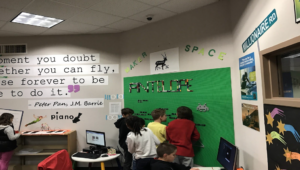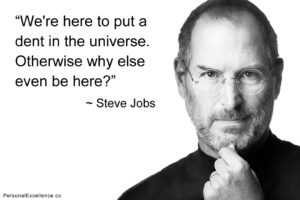Actions Educators Can Take to Foster STEM Foundational Thinking Skills
In order to guide the development of equitable STEM education as well as foster STEM foundational thinking for all students, educators must create experiences for students that allow learners the time and opportunity to see themselves as STEM students of color who collaborate, apply critical thinking and problem-solving skills to address challenging issues. These learning experiences need to be high quality, tailored to meet individual learner needs, focused on student learning, research-based, job-embedded, and aligned...









